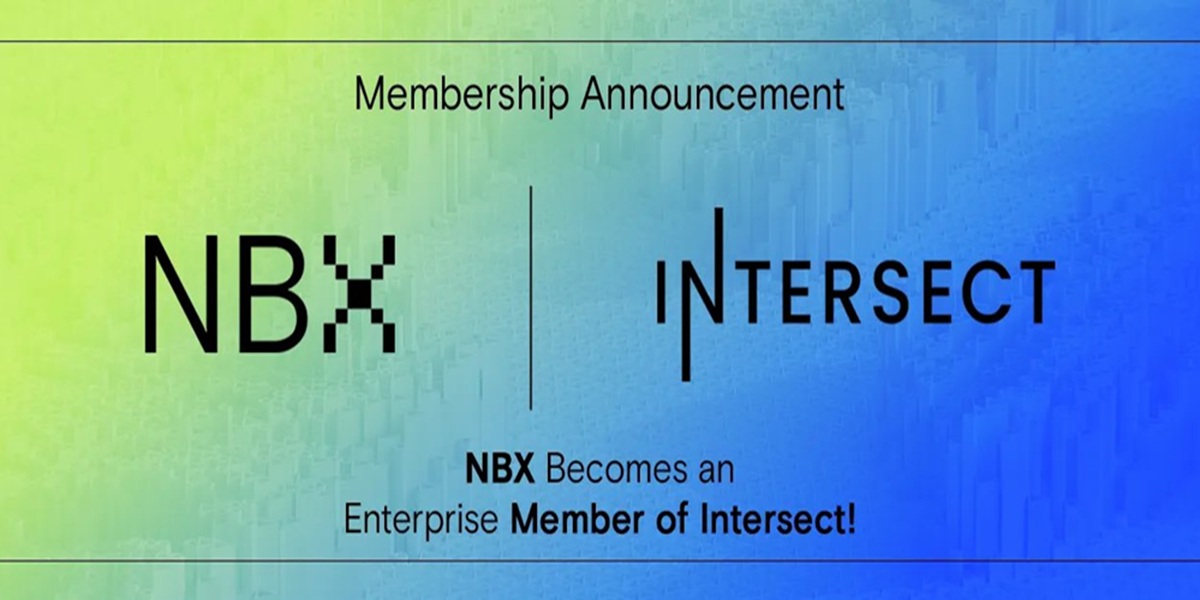The term "metaverse" refers to a virtual reality space or digital universe where people can interact with each other and the environment in a computer-generated, immersive environment. It is often described as a collective virtual shared space that incorporates elements of augmented reality, virtual reality, and the internet.
The concept of the metaverse has gained attention and popularity in recent years, particularly in the realm of technology and entertainment. It envisions a future where individuals can access and participate in a fully interactive and persistent virtual world, blurring the line between the physical and digital realms.
In the metaverse, users can engage in a variety of activities, such as socializing, gaming, shopping, working, creating content, and even conducting business transactions. It offers a multi-dimensional and interconnected experience where people can explore, communicate, and collaborate in real-time, regardless of their physical location.
The metaverse is often associated with advanced technologies like virtual reality headsets, haptic feedback devices, blockchain, and artificial intelligence. These technologies enable a more immersive and realistic user experience within the virtual environment.
While the concept of the metaverse is still evolving, several companies and platforms are actively developing metaverse-like experiences and ecosystems. It is seen as a potential future direction for the internet, revolutionizing how we interact, socialize, and engage with digital content. However, it's important to note that the metaverse is a broad and evolving concept, and there are different interpretations and visions for what it entails. Its full realization and widespread adoption are still in progress.
The article does not constitute financial advice.


